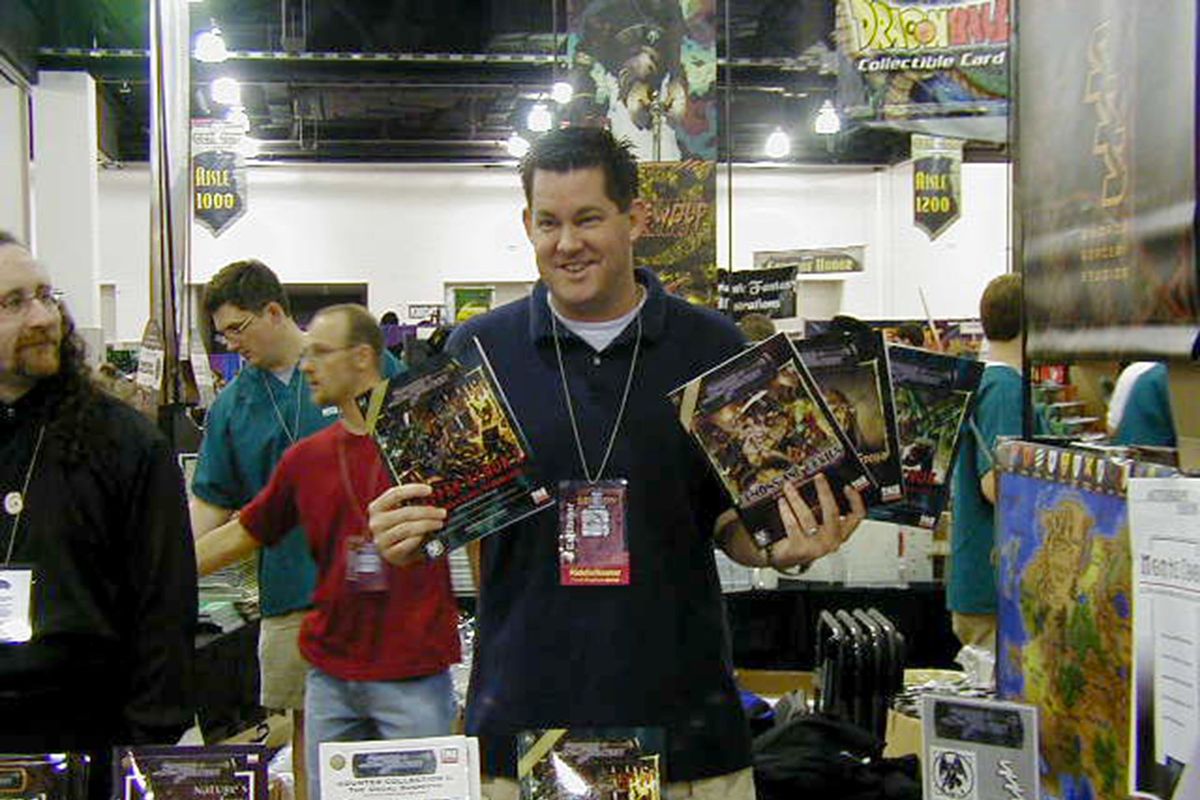Kootenai County judge, who faced fantasy game controversy and judicial council sanction, placed on leave
The Kootenai County Courthouse. (Jonathan Brunt/THE SPOKESMAN-REVIEW)
A magistrate judge in North Idaho has been on leave since mid-May related to “personnel issues.”
The details of the administrative action remain sealed. Records do indicate a first judicial magistrate judge is on leave.
Judicial officers in the court have been covering the docket for Judge Clark Allen Peterson, 56, according to court schedules.
All other first judicial magistrate judges have continued handling their dockets, according to court schedules and clerks.
Peterson has a history of controversy dating back to 2013, when multiple people complained his devotion to tabletop role-playing fantasy games was interfering with his judicial work.
He also was publicly reprimanded for misreporting vacation and leave time in 2020 by the Idaho Judicial Council, the entity that governs judges in the state.
Peterson declined to comment about the current administrative leave when reached by The Spokesman-Review on Friday.
“That’s not something that can be discussed,” Peterson said, before referring questions to district court Judge Cynthia Meyer.
Meyer referred questions to Idaho State Supreme Court spokesperson Nate Poppino.
Peterson remains a duly elected magistrate judge, Poppino said, before declining to comment on personnel issues.
Two orders signed by Chief Justice G. Richard Bevan, one on May 18 and another on May 23, titled “required administrative leave of first judicial district magistrate judge” indicate someone was placed on leave. The orders are sealed.
Executive Director of the Idaho Judicial Council Jeff M. Brudie, said he couldn’t provide any information on Peterson or the suspension.
Peterson helped found two game companies, including Legendary Games, where he remains active, according to their website. He took on the name of demon prince Orcus, Lord of the Undead, and posted hundreds of online comments about fantasy games while at work, according to a 2013 Spokesman-Review story.
Once confronted with the complaints, Peterson committed to making some changes in his behavior but does not appear to have been publicly disciplined by the judicial council.
However, Peterson was publicly reprimanded by the judicial council, the state governing body of judges, in July 2020 for inaccuracies in his reporting of vacation and leave time. Peterson forfeited seven days of vacation pay as part of an agreement with the council.
The council is an independent state agency that investigates complaints of judicial misconduct and may recommend discipline or removal.
The council can petition the Supreme Court for a temporary paid suspension of a judge if “the continued service of the accused judge is causing immediate and substantial public harm” or is causing “an erosion of public confidence,” and the judge’s conduct appears to violate the code of judicial conduct.
Once a judge is suspended, they can only be reinstated by the state Supreme Court.
Complaints to the council only become public if the council recommends a removal or public discipline. There are a number of private disciplinary actions the council can take, including education, admonition, warning and reprimand, according to the council’s rules of procedure.
Once the council has completed a preliminary investigation, it can file notice of formal proceedings. The notice is the first publicly available document indicating a judicial officer is under investigation.
There are only two judicial misconduct investigations listed publicly on the council’s website: Peterson’s 2020 reprimand and a 2017 investigation into Fifth District Judge Randy Stoker, in which the allegations were determined to be unfounded.

